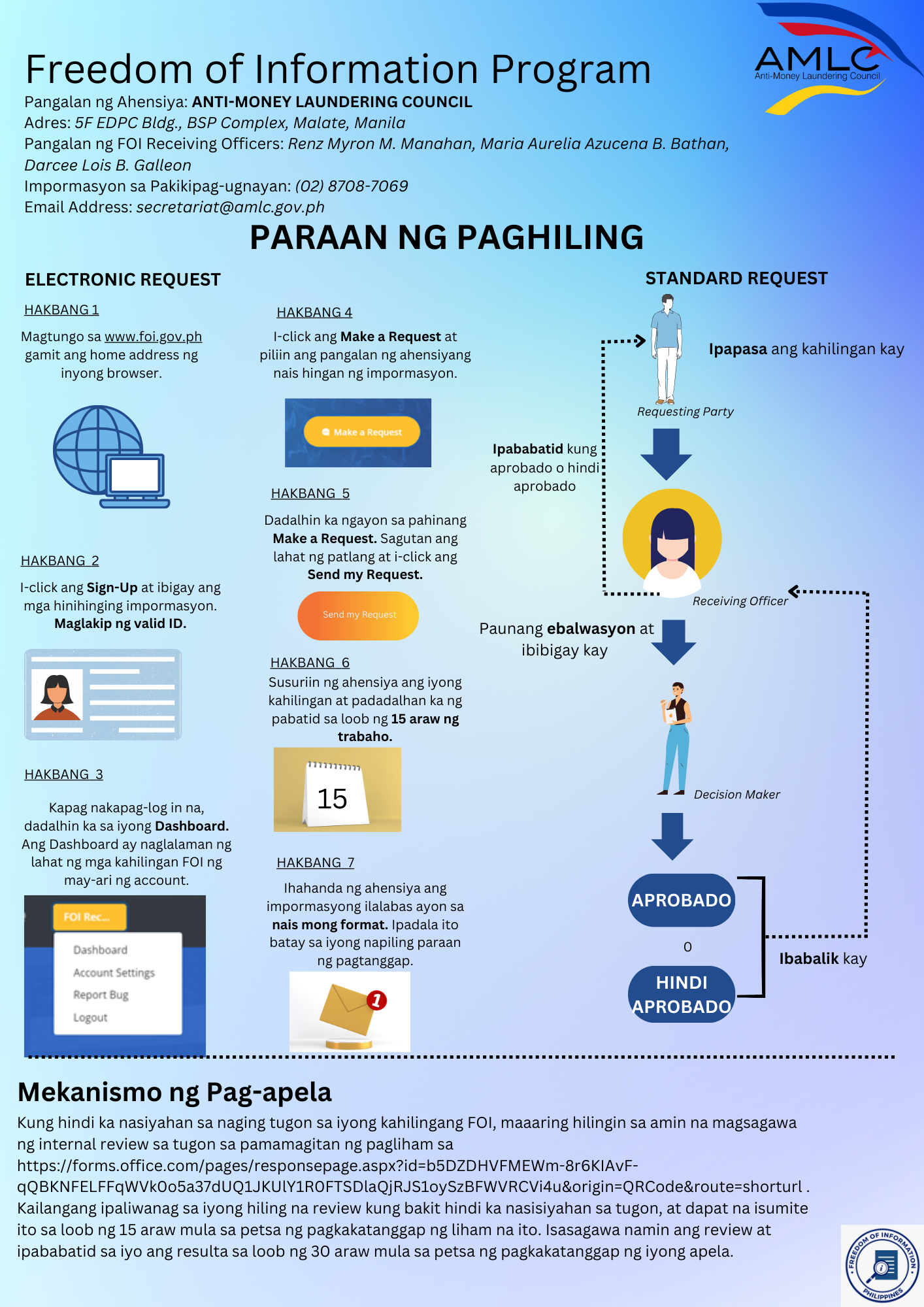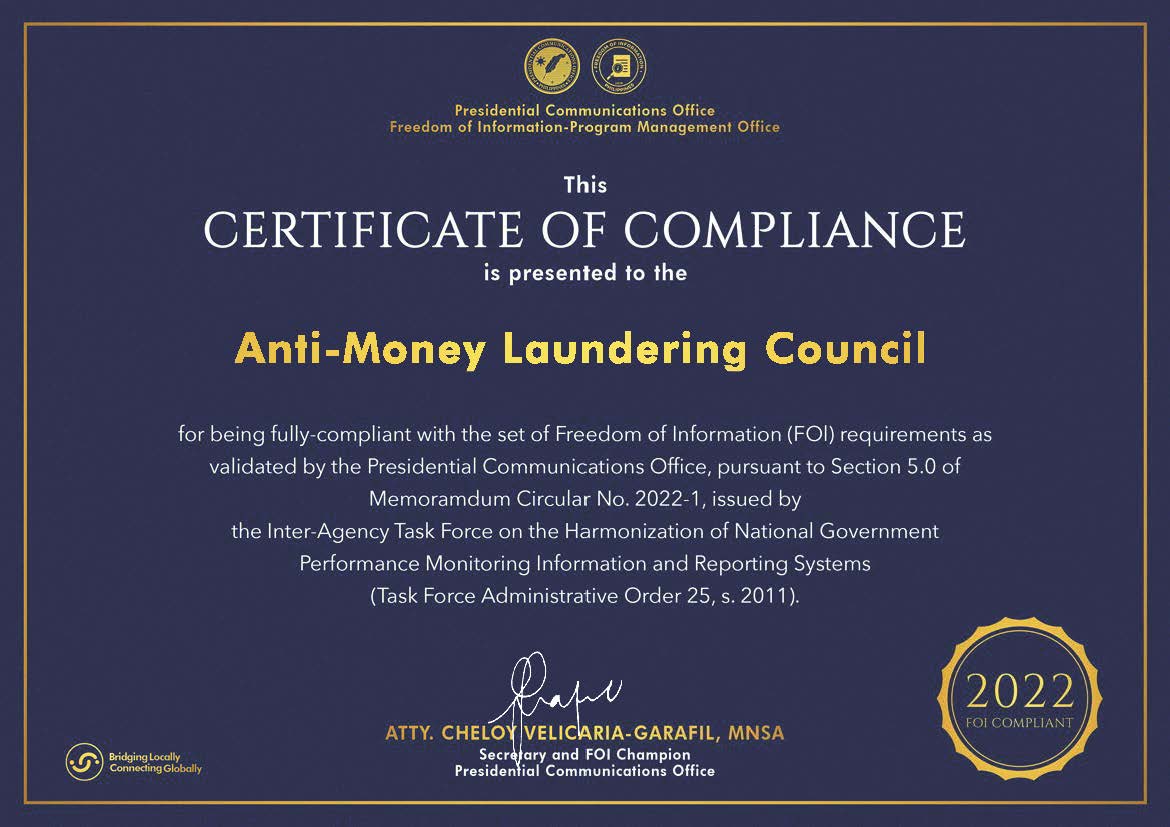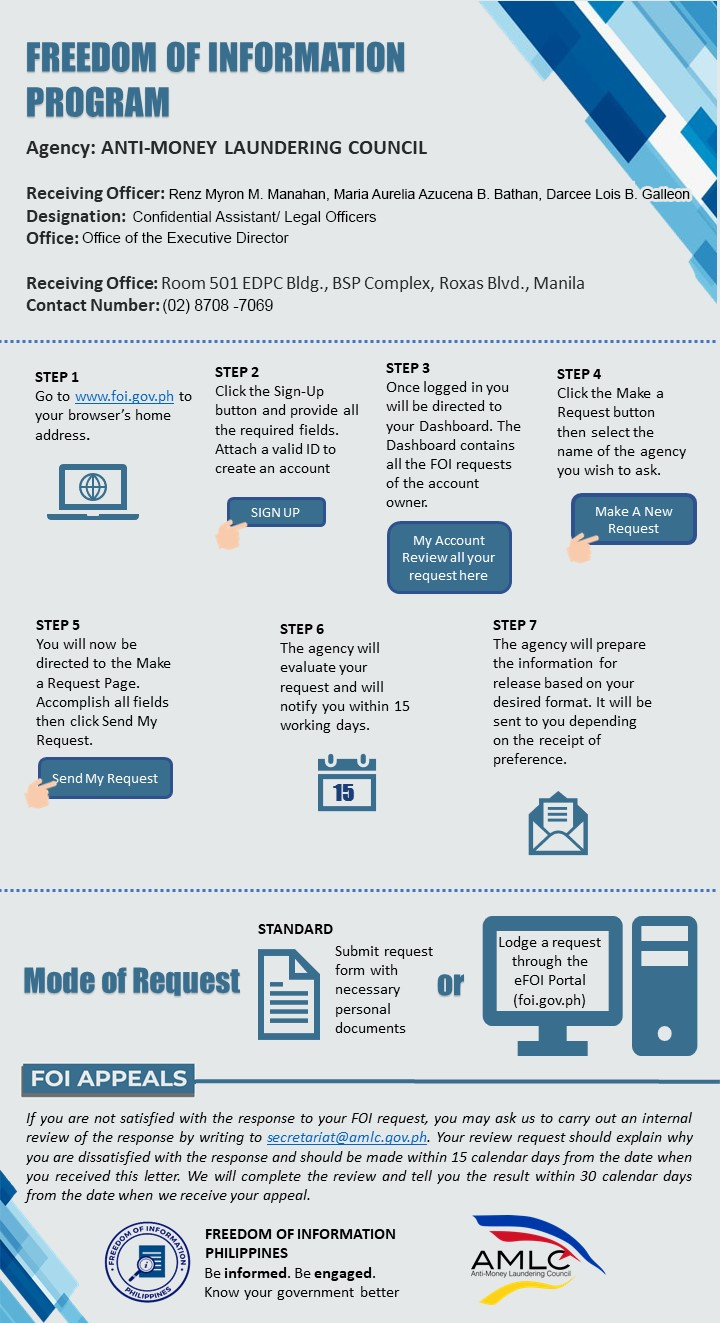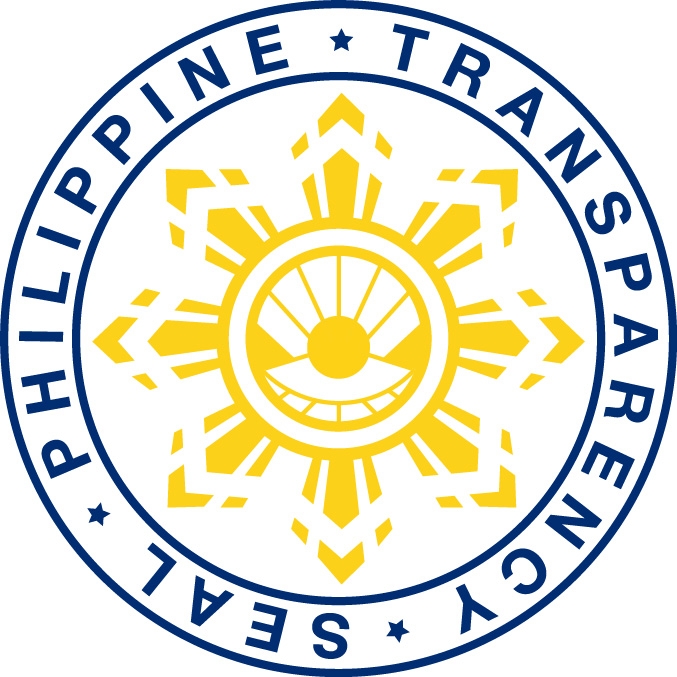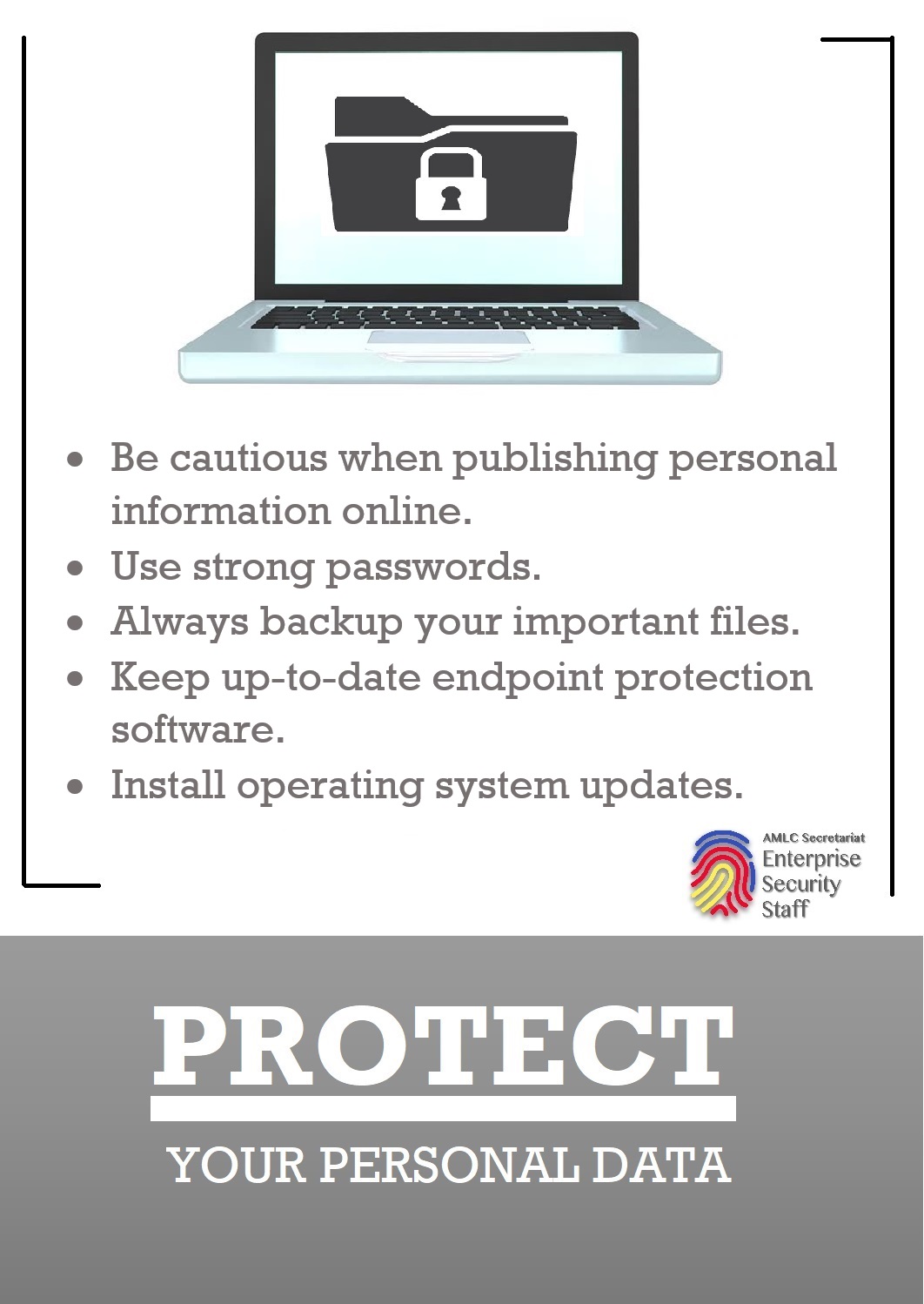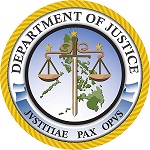Money Laundering Offenses and Penalties
- Knowingly transacting or attempting to transact any monetary instrument/property which represents, involves or relates to the proceeds of an unlawful activity. Penalty is 7 to 14 years imprisonment and a fine of not less than P3M but not more than twice the value of the monetary instrument/property.
- Knowingly performing or failing to perform an act in relation to any monetary instrument/property involving the proceeds of any unlawful activity as a result of which he facilitated the offense of money laundering. Penalty is 4 to 7 years imprisonment and a fine of not less than P1.5M but not more than P3M.
- Knowingly failing to disclose and file with the AMLC any monetary instrument/property required to be disclosed and filed. Penalty is 6 months to 4 years imprisonment or a fine of not less than P100,000 but not more than P500,000, or both.
Unlawful Activity is the offense which generates dirty money or property. It is commonly called the predicate crime. It refers to any act or omission or series or combination thereof involving or having direct relation to the following:
Predicate Crimes/Unlawful Activities
- Kidnapping for ransom
- Drug trafficking and related offenses
- Graft and corrupt practices
- Plunder
- Robbery and Extortion
- Jueteng and Masiao
- Piracy
- Qualified theft
- Swindling
- Smuggling
- Violations under the Electronic Commerce Act of 2000
- Hijacking; destructive arson; and murder, including those perpetrated by terrorists against non-combatant persons and similar targets
- Fraudulent practices and other violations under the Securities Regulation Code of 2000
- Felonies or offenses of a similar nature that are punishable under the penal laws of other countries.
- Terrorism financing and organizing or directing others to commit terrorism financing (R.A. 10168).
- Attempt/conspiracy to commit terrorism financing and organizing or directing others to commit terrorism financing (R.A. 10168).
- Attempt/conspiracy to commit dealing with property or funds of designated person.
- Accomplice to terrorism financing or conspiracy to commit terrorism financing.
- Accessory to terrorism financing.
Other Offenses/Penalties
Failure to keep records is committed by any responsible official or employee of a covered institution who fails to maintain and safely store all records of all transactions of said institution, including closed accounts, for five (5) years from the date of the transaction/closure of the account. Penalty is 6 months to 1 year imprisonment or a fine of not less than P100,000 but not more than P500,000, or both.
Malicious reporting is committed by any person who, with malice or in bad faith, reports/files a completely unwarranted or false information relative to money laundering transaction against any person. Penalty is 6 months to 4 years imprisonment and a fine of not less than P100,000 but not more than P500,000, at the discretion of the court. The offender is not entitled to avail the benefits of the Probation Law.
- If the offender is a corporation, association, partnership or any juridical person, the penalty shall be imposed upon the responsible officers, as the case may be, who participated in, or allowed by their gross negligence, the commission of the crime.
- If the offender is a juridical person, the court may suspend or revoke its license.
- If the offender is an alien, he shall, in addition to the penalties prescribed, be deported without further proceedings after serving the penalties prescribed.
- If the offender is a public official or employee, he shall, in addition to the penalties prescribed, suffer perpetual or temporary absolute disqualification from office, as the case may be.
Breach of confidentiality. When reporting covered or suspicious transactions to the AMLC, covered institutions and their officers/employees are prohibited from communicating directly or indirectly, in any manner or by any means, to any person/entity/media, the fact that such report was made, the contents thereof, or any other information in relation thereto. In case of violation thereof, the concerned official and employee of the covered institution shall be criminally liable. Neither may such reporting be published or aired in any manner or form by the mass media, electronic mail or other similar devices. In case of a breach of confidentiality published or reported by media, the responsible reporter, writer, president, publisher, manager and editor-in-chief shall also be held criminally liable. Penalty is 3 to 8 years imprisonment and a fine of not less than P500,000 but not more than P1M.


 REVISED 2 3.jpg)

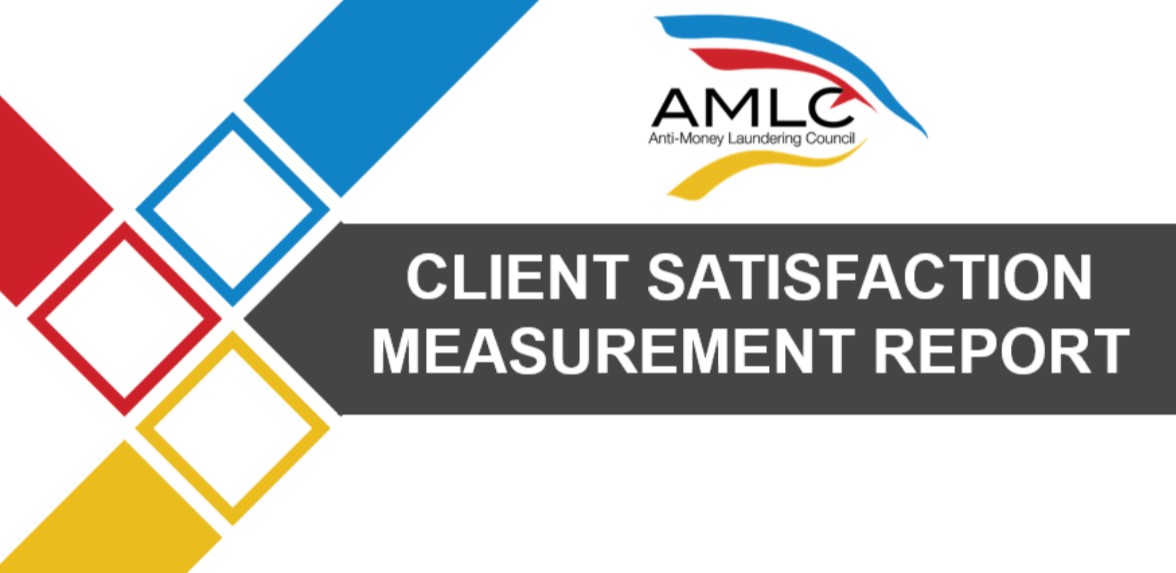 2024 (First Edition)
2024 (First Edition)